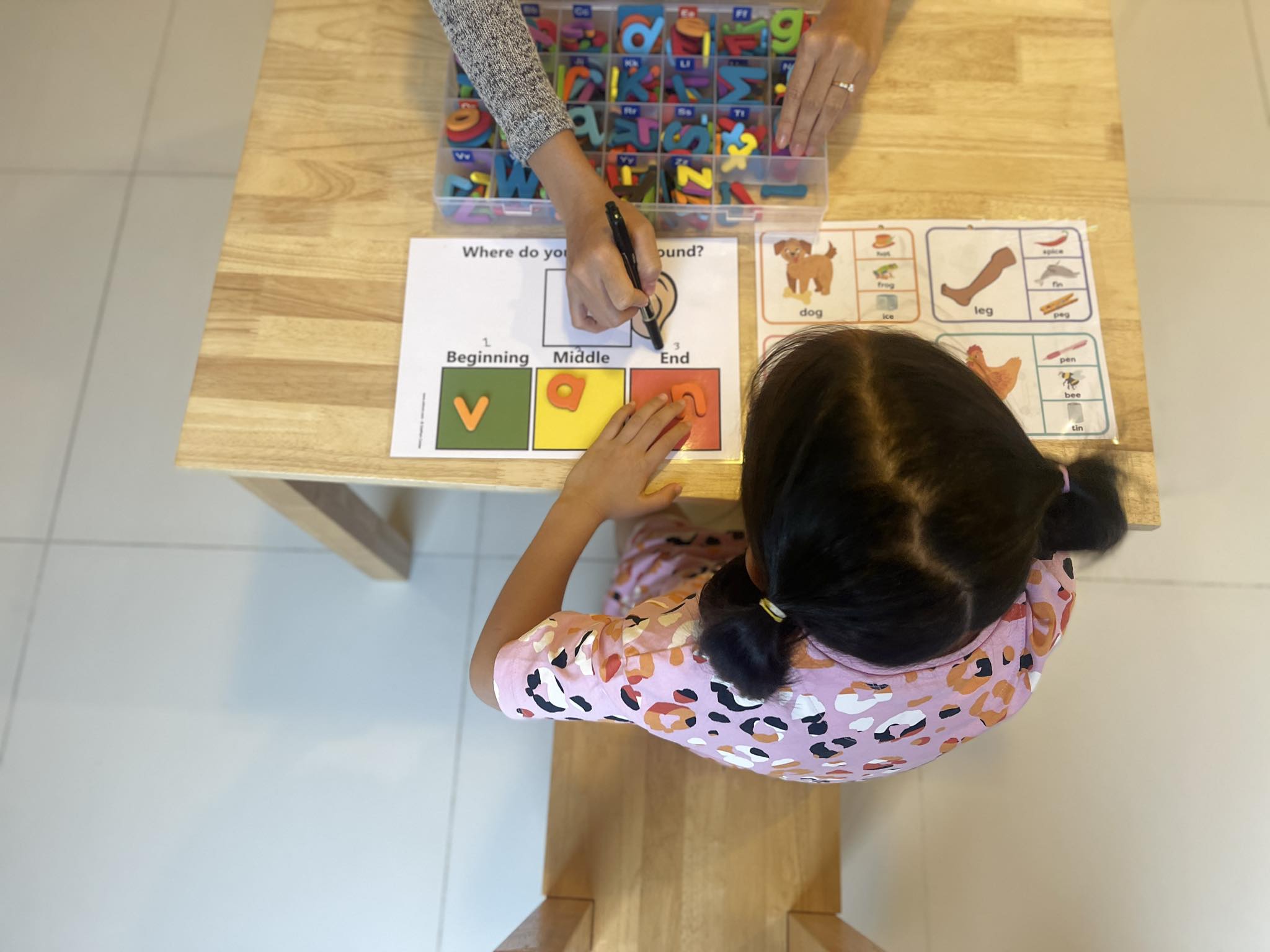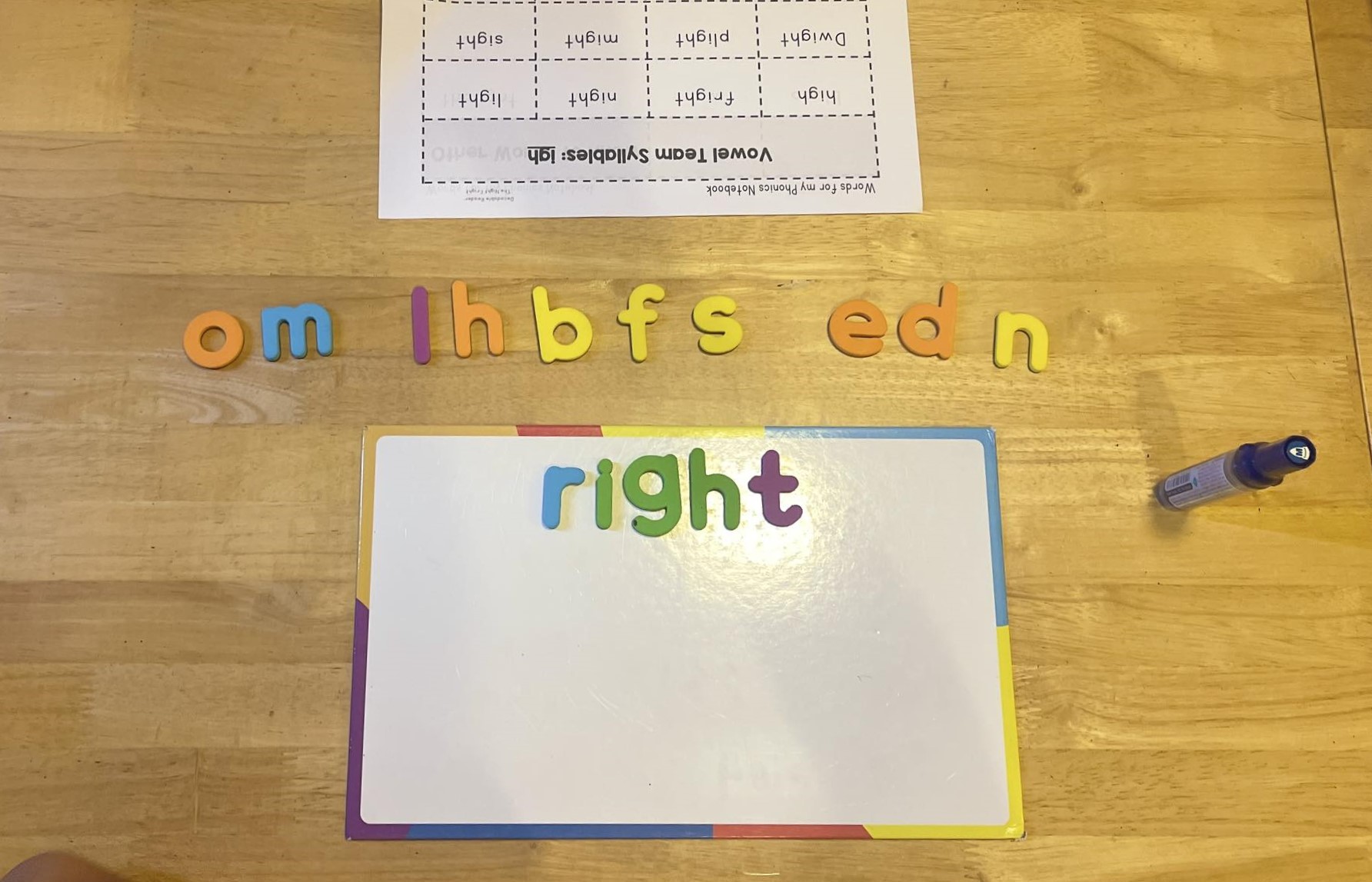Phonics, the ability to sound out words using letter-sound relationships, plays a crucial role in reading and writing development. While it’s generally considered an essential skill for all students, mastering phonics can present unique challenges for those with special needs. This blog delves into the importance of phonics for this population, explores the specific difficulties they may encounter, and outlines effective strategies to support their learning journey.
Why Phonics Matters for Students with Special Needs:
- Building a Foundation: Regardless of individual needs, phonics provides a foundational understanding of written language. It equips students with the tools to decode unfamiliar words, improving reading fluency and comprehension.
- Empowering Independence: Strong phonics skills foster independence and confidence in reading and writing. Students can approach new words with greater autonomy, reducing reliance on external support and fostering a sense of accomplishment.
- Supporting Other Skills: Phonics proficiency indirectly benefits other language areas, such as vocabulary acquisition and spelling development. It creates a holistic understanding of how written language functions.
Understanding the Challenges:
Students with special needs, such as learning disabilities, attention difficulties, or sensory processing differences, may face specific challenges in acquiring phonics skills. These challenges can include:
- Difficulty with auditory processing: Distinguishing individual sounds within words and linking them to letters can be challenging.
- Visual processing difficulties: Recognizing and differentiating letter shapes and their corresponding sounds can pose obstacles.
- Memory and attention limitations: Retaining letter-sound correspondences and applying them consistently can be difficult for some students.
- Motor skill challenges: Forming letters correctly and writing fluently may present additional hurdles.
Effective Strategies for Success:
Despite the challenges, effective instructional strategies can significantly support students with special needs in mastering phonics. Here are some key approaches:
- Multisensory Instruction: Engage multiple senses (visual, auditory, kinesthetic) to reinforce learning. Use manipulatives, flashcards, movement activities, and assistive technology to cater to diverse learning styles.
- Explicit and Systematic Instruction: Clearly break down phonics skills into small, manageable steps and provide systematic, sequential practice. Repetition and consistent reinforcement are crucial for mastery.
- Individualized Instruction: Tailor instruction to each student’s specific needs and learning pace. Utilize differentiated materials, assessments, and instructional methods to ensure optimal progress.
- Positive Reinforcement and Motivation: Celebrate successes, no matter how small, and create a supportive learning environment that fosters confidence and intrinsic motivation.
- Collaboration and Communication: Work closely with parents, educators, and specialists to develop a comprehensive support system that addresses all aspects of the student’s needs.
Phonics instruction may require additional modifications and support for students with special needs, but it remains an essential skill for fostering their reading and writing success. By employing effective strategies, providing a nurturing learning environment, and celebrating individual progress, we can empower all students to unlock the world of written language and reach their full potential.
Find out if your child needs extra support today!
- My child screams hysterically
- My child is mean to other children
- My child is always worried
- My child is scared to go to school
- My child is scared of loud noises
- My child doesn’t know how to read
- My child is scared to play outside
- My child does not respond to his name
- My child always gets in trouble
- My child fights with other children
- My child doesn’t know how to count
If you are concerned about your child’s development, contact us for Assessments: Phone/Telegram: 077.455.993 – Telegram Link: https://t.me/OrbRom
If you are concerned about your child’s development, contact us for Assessments.
Phone/Telegram: 077.455.993 Link: https://t.me/OrbRom






Leave A Comment